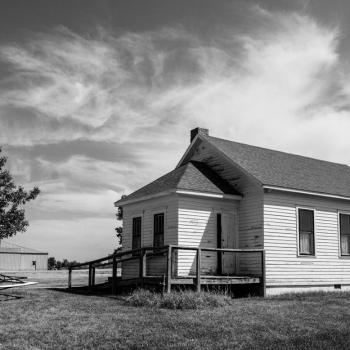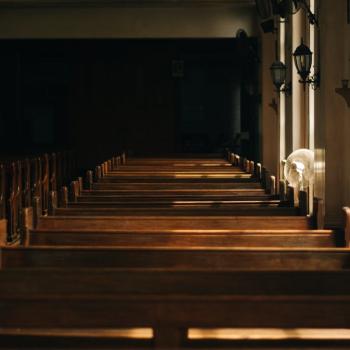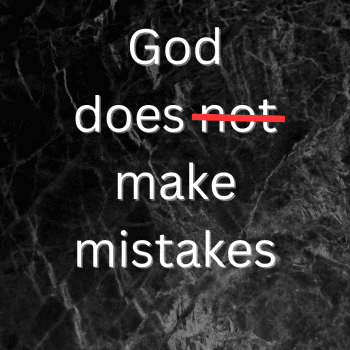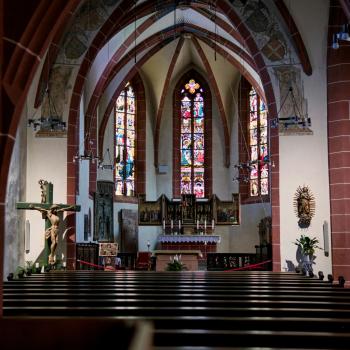
Yesterday I finished listening to the podcast series, “The Rise and Fall of Mars Hill.” Being in ministry for 20 years made it very painful to listen to. Even though my churches were on a smaller scale, I could see many of my painful memories in the stories of the people and even in the pastor’s themselves. The moment I finished the podcast I began to weep for all the people involved, not just in Mars Hill, but also in all of organized religion.
Before you play the “our church is not that bad” card, please hear me out. I’m not attacking a particular theology or approach or trend. I am saying the entire system is flawed because of the nature of an organization. It always has been. There may have been times when we needed church, synagogues, mosques, etc. to exist, but certainly not now, especially with some of the evidence to the contrary.
Let me just dive right in. Warning: this may be a little bit in random order, so I hope it makes sense.
Churches Generally Don’t Heal our Trauma
Recently I published a blog on Patheos describing the problem with churches and our trauma. First of all, churches attract people with trauma because of their messaging and focus. “Come here to find healing” is common among most faith organizations. The subtle promise is “you’ll get better if you come here.” Certainly people do find some healing, but mostly from personal interaction and individuals. For the most part, there is not nearly enough time and resources dedicated to healing, and people often experience more trauma inside the organization. Pastors and lay leaders are not equipped and the basic nature of the organization is not geared toward healing. It’s an organization and it is directed toward preservation of itself.
What I might not have mentioned in the article is that many belief systems start with fear based beliefs. In many ways, when faith organizations begin the messaging with fear, it may sell product but it doesn’t heal the individual.
Several yeas ago, we stepped outside of organized religion. I stopped being a pastor first, then later (2 years or so), we stopped attending church. Our lives have progressively gotten better, mainly due to the fact that we can focus on our healing instead of constantly supporting the organization. We don’t feel like something is missing — we have been growing and healing and learning. We didn’t slide down a slippery slope or lose our way. Every day, we feel like we are moving inches closer to wholeness and unity with The Divine. We don’t call ourselves anything other than Karl and Laura, founders and members of The Desert Sanctuary. So, let me state this as clearly as a I can:
Organized Religion is Completely Unnecessary
1. The Main Thing. We used to say, “keep the main thing, the main thing.” What we meant was that we should be evangelistic, and since we were an evangelical church, it made sense. I have come to realize that most of this time and effort was essentially recruiting. Because people were constantly walking out one door, we had to keep them coming in the other. We had to get them to come “here” and support us. I have never experienced a growing church that wasn’t overtly focused on attracting and keeping new arrivals. Jesus did mention making disciples (learners), but he also mentioned love as the great commandment. We can do both of these outside of organized religion.
2. The Main Event. Faith organizations have their different variations of the show, but they all have it. In all it’s variations, there are some commonalities. It ushers us into a comfortable environment where we are part of something bigger. It is emotionally moving and usually presents us with a problem that is solved for us in due time. The program is rehearsed and geared to produce a response. We could argue for hours about how necessary pieces of this experience is, but my basic assertion is that everything we do inside the building can be accessed for free elsewhere. From the concert to the message to communion and connection, all of it can be found elsewhere. I can find the best of all these things somewhere else without having to go through all that.
3. The Main Emphasis. We have long believed that we need to be committed to these organizations to find connection, but I find connection wherever I go (family, work, my actual community). Even as introverted as I am, I still find strong connection without being part of organized religion. The trouble with organizations is that about 70% of their resources go to maintaining the organization. In a typical church, almost 3/4 of the money is spent is support of the staff and building. Money, time, resources and focus generally are mostly spent keeping the ship afloat.
4. The Main Problem. As I mentioned before, the church attracts people with trauma that generally don’t get better and sometimes hurt other people. There is no time for processing the grief, except maybe in small groups which we could have done without all the fanfare of an organization. Most of my pastoral training was invested in theology and organizational management. I was taught to preach, understand my holy book, and fill out reports. I didn’t have time or understanding how to help people heal trauma, even though I would have done anything for them. I learned some things as I went, but mostly I grew more and more frustrated with a system that wasn’t designed for deep healing.
Maybe it’s time to evaluate whether all this time and money and other resources are best spent maintaining organizations. With zoom meetings and the internet, do we really need to do this any more? Couldn’t we find new and inventive ways to spend 10 per cent of our income than to pour it into disasters like Mars Hill or even just ineffective smaller ventures. I admit we are hard wired for connection, but I could start a small group tomorrow without any cost and minimal effort. More and more, I am finding that simple practices meet my needs better than elaborate productions ever did. I still love a good sermon or speech, but the best ones are at my fingertips — I listen to them all the time.
Some Simple Practices.
I find my practices these days are much more simple. I do things like centering prayer and meditation before I go to work. On the weekends, I write and have conversations with people on our podcasts. Sometimes I listen to music on the way to work – lately I find almost all music to be spiritual for me. I take walks and sit on my porch to experience nature. Some of the best revelations have come from simple contemplation.
I have found healing by doing some shadow work. I wrote about that experience in my book, Being. I am learning that I had become a human doing, and most of that was all wrapped up in support of organized religion. I am now learning to be where I am (presence) and who I am (authenticity), and this being and becoming is leading me to a more complete, wholeness as I find the Divine (of all places) deep within me where Jesus said the Kingdom of Heaven was anyway.
The Desert Sanctuary
Laura and I are becoming more content out here in the Desert. We have our podcast where we talk to some of the most interesting people, not the least of which are our co-hosts, Aaron Tomlinson, Jason Elam and Kyle Butler. This blog gives me an outlet to share my deep reflections with other fellow travelers.
We have also written a book called, “Out Into the Desert” which details our experience in ministry and our evaluation of organized religion. The subtitle is “Thriving Outside Organized Religion.” It will be available later in 2022.
We are available to listen and/or do a focusing session.
We are not trying to destroy organized religion. We just think it’s dying and coming to it’s natural end. It cannot be fixed from the inside. It may have to die and be reborn or maybe it needs to become lots of little other things.
For now, our focus is being where we are and being who we are which helps us be at peace.
Karl Forehand
Leaning Forward Video Recordings 2021
Order Being: A Journey Toward Presence and Authentic
Support us on Patreon * The Desert Sanctuary Website

















